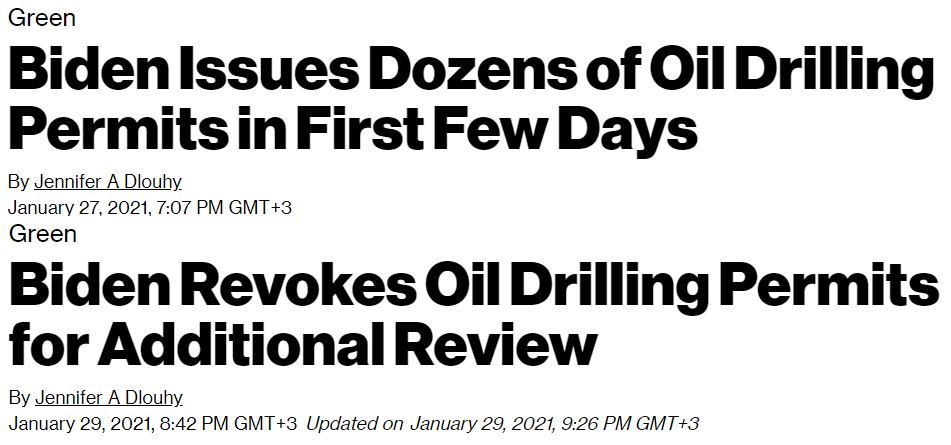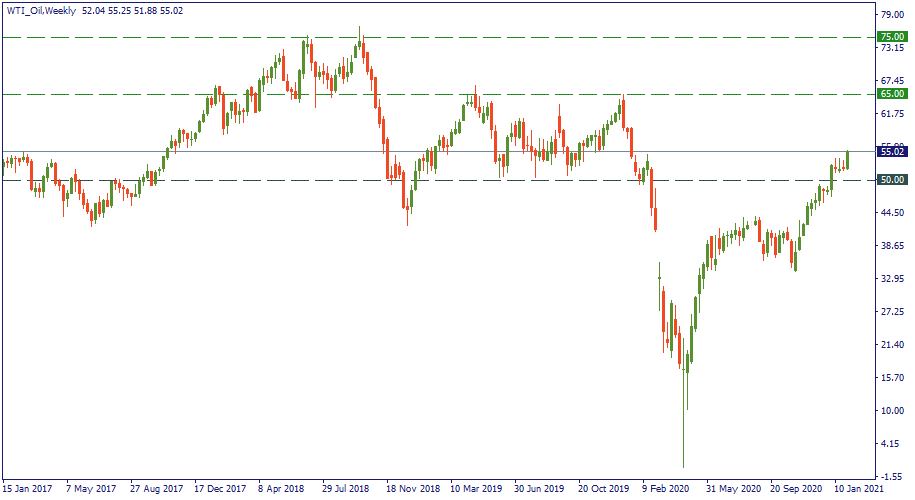
The G20 summit took place in Bali, Indonesia, on November 2022…

Don’t waste your time – keep track of how NFP affects the US dollar!
Data Collection Notice
We maintain a record of your data to run this website. By clicking the button, you agree to our Privacy Policy.

Beginner Forex Book
Your ultimate guide through the world of trading.
Check Your Inbox!
In our email, you will find the Forex 101 book. Just tap the button to get it!
Risk warning: ᏟᖴᎠs are complex instruments and come with a high risk of losing money rapidly due to leverage.
68.53% of retail investor accounts lose money when trading ᏟᖴᎠs with this provider.
You should consider whether you understand how ᏟᖴᎠs work and whether you can afford to take the high risk of losing your money.
Information is not investment advice

As you can see, two days separate these headlines; and yet, they stand in direct contradiction. What’s on the table in the US oil sector and how may it affect the oil price?
One of the signature characteristics of the Biden presidency plan is environmental care. The US President said he wanted to make the US carbon-free by 2050. To achieve that, he’d need to transition the US economy from fossil fuels to other energy resources. That would require the US re-joining the Paris accord in the first place (to be re-affirmed on April 22 during the Earth Day meetings). Here are some of the central implications discussed in the media now.
As far as the oil market is concerned, the smaller the input of the US oil industry to the global market, the higher the price of oil will theoretically be. In this sense, OPEC may be very much interested in Joe Biden’s green economy efforts as it may not only give room to the cartel’s expansion but may push the oil price, too. However, in the long-run, this process will not go without much fluctuation on the way because if Joe Biden makes the American industry carbon-free. It will eventually need less oil than before. Hence, the global oil demand is expected to suffer from this side. Nevertheless, through 2021, the channel between $55 and $65 appears to be the mainland for the WTI oil price performance. $75 may also be approached by the price in case the uptrend of 2017-2018 repeats itself in the coming 12 months.


The G20 summit took place in Bali, Indonesia, on November 2022…

The deafening news shocked the whole world yesterday: the British Queen Elizabeth II died peacefully at the age of 96…

After months of pressure from the White House, Saudi Arabia relented and agreed with other OPEC+ members to increase production.

eurusd-is-falling-what-to-expect-from-the-future-price-movement

Greetings, fellow forex traders! Exciting news for those with an eye on the Australian market - the upcoming interest rate decision could be good news for Aussies looking to refinance or take out new loans. The Mortgage and Finance Association Australia CEO, Anja Pannek, has...

Hold onto your hats, folks! The Japanese yen took a nosedive after the Bank of Japan (BOJ) left its ultra-loose policy settings unchanged, including its closely watched yield curve control (YCC) policy. But wait, there's more! The BOJ also removed its forward guidance, which had previously pledged to keep interest rates at current or lower levels. So, what's the scoop? Market expectations had been subdued going into the meeting, but some were still hoping for tweaks to the forward guidance to prepare for an eventual exit from the bank's massive stimulus
Your request is accepted.
We will call you at the time interval that you chose
Next callback request for this phone number will be available in 00:30:00
If you have an urgent issue please contact us via
Live chat
Internal error. Please try again later